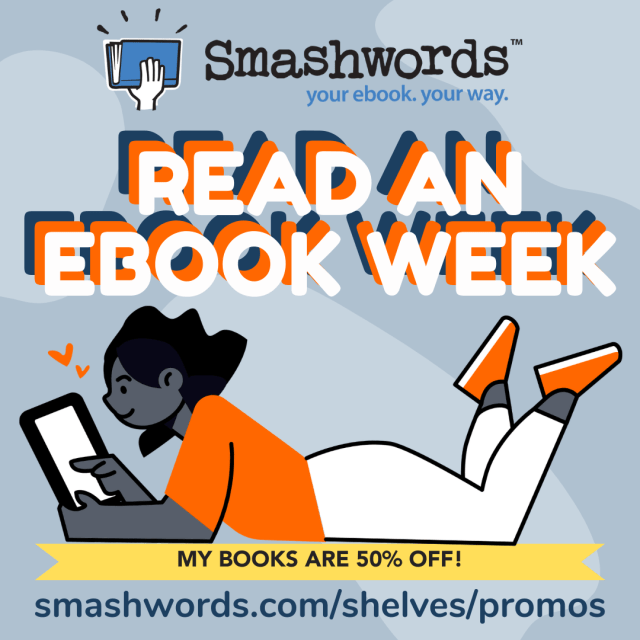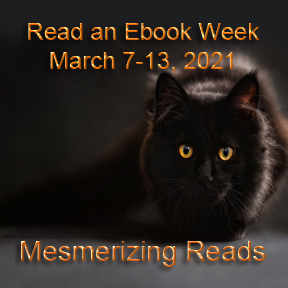107 Days, Kamala Harris, Simon & Schuster, October 2025, $14.99 on Kindle
Former Vice President Kamala Harris is doing the rounds of her book tour right now. This book came out remarkably fast, given that she lost the election to Donald Trump less than a year ago, as we all know. The publishing world isn’t geared to moving fast unless they know they have a financial winner on their hands, which they clearly did with this book. In fact, in the Acknowledgments, amongst many other people, Harris fulsomely thanks Bryan Lourd, a powerful Hollywood agent/player. Lourd was the one, apparently, who encouraged her to do the book. And… she listened. Let me say that I voted for Kamala Harris last November and was deeply disappointed by her loss, so I was a good audience for the book.
This is one political memoir that bucks the trend. It isn’t stodgy. It’s written in short, snappy chapters, each covering a day in Harris’s short, doomed, but initially dynamic campaign. People who watch a lot of cable news will remember many of the beats mentioned here. It is revealing to see them from Harris’s point of view. Loyal to Joe Biden, at least publicly, she has to wait for an agonizing length of time for him to drop out after his ghastly debate with Trump in June of 2024. Then there is the painful transition to her own platform, which she admits was rushed and half-baked, given the time constraints she was facing. In the end, Joe and Jill were not supportive, and his resentful team actively worked against her. Pretty strong stuff!
Particularly fascinating, actually, was the run-up to the only debate she had with Donald Trump (his choice) in September 2024. Harris allows herself to fully express the exhaustion and sense of overwhelm she was feeling during those tense days of preparation. And there are traces of her somewhat biting humor throughout that make the book more palatable and make Kamala herself more relatable.
Doug is always there as her touchstone:
When the debate ended, I genuinely had no idea how I’d done. I felt like the survivor in the aftermath of a bomb blast, barely able to hear what was being said to me for the whooshing in my ears. I could see Doug’s face, swimming in front of me as he came up on the stage. He was talking, but I couldn’t take in what he said. I registered the fact that he was smiling.
But then early the next morning she has to attend a 9/11 memorial in Shanksville, PA, where Joe Biden insults her by accepting a MAGA cap from one of the firemen there and putting it on! The fact that the firehouse was unfriendly territory to her is painful, and makes painful reading. It’s clear they were more comfortable with Joe, an elderly white man. And Kamala has to suck it up.
Inside, the volunteer firefighters and their families milled about or sat at tables. Many wore MAGA hats and Trump T-shirts. Some refused to shake my hand; others offered me their backs.
Ultimately, I found Harris to be a curious person, a political animal, obsessed with optics (as you have to be as a woman running for president, unfortunately). What I didn’t like overall was her rather dismissive attitude towards policy—she explicitly says that she left it to her “team” to be “in the weeds” about stuff. They are constantly prepping her behind the scenes as she rushes around, giving scripted soundbites. She candidly admits that she messed up on TV show The View when she said woodenly, in response to a question about whether she would have done something differently from President Biden during the last four years, “There is not a thing that comes to mind.” But it’s annoying and not inspiring to see all the damage control going on behind the scenes. The endless calculation.
Kamala Harris’s first task as candidate was to get ready for the August Democratic convention and pick her running mate, a crucial choice which she somehow muddied. I was offended by the offhand way she treated Tim Walz in the book. She doesn’t quite say “I wish that I never chose this loser,” but she implies it. In the end, he gets a cursory mention in the Acknowledgments, and it’s clear that they spent little time together. Doug didn’t like him, she says:
Doug and I went back and forth. He had known Josh longer and leaned that way. It was always going to have to be my decision.
Then she writes rather off-puttingly: “It was my idea for the campaign to lean into Tim’s brand as coach, a role that conveyed both strength and caring.”
Again, the emphasis on brand and optics, with a hopeful appeal to both men and women. But this nice Minnesotan ended up disappointing her by not having been entirely truthful and accurate about his past, which the Republicans eagerly jumped on, and she coolly nails him for messing up in the debate with J.D. Vance by being too passive:
But J.D. Vance is a shape-shifter. And a shifty guy. He understood that his default meanness wouldn’t play against Tim Walz’s sunny disposition and patent decency. Throughout the debate, he toned the anger and the insults way down. …When Tim fell for it and started nodding and smiling at J.D.’s fake partisanship, I moaned to Doug, “What is happening?”
I can only imagine Tim and Gwen Walz’s sense of hurt on reading this.
“This is not a genteel profession,” Harris concludes the chapter. “You must be ready to brawl.” A brawler she may be, but self-aware she is not, and I fear that Doug’s instincts were better than hers. At least if she had chosen Pete Buttigieg as she says she wanted to, she would have had a stellar, formidable team. But optics got in the way. Josh Shapiro, too, would have been a formidable running mate, but he would have crowded her out.
What a roller coaster. In perhaps the most self-revealing moment, Harris writes: “I tend to be task-oriented and rarely allow myself enough space or time to reflect, and a marathon campaign run at a sprinter’s pace leaves little time for reflection.” A few days before the election, when an old friend tries to pamper her, she admits: “At this point in the campaign, I was in fight mode, and I needed to stay there. I couldn’t let down my guard, couldn’t take off my armor. If I unclenched, if I remembered what it was to be normal, I might not be in shape to handle the next blow. And there was too much at stake to risk that.”
And this is why she was ultimately the wrong candidate for 2024, I think: too armored, too scripted. And why I hope she doesn’t run again. But kudos to her for shedding some light on what became one of the most distressing and disappointing events of most of our lifetimes. And to be fair to her, she reacts with genuine panic too as it suddenly slips away. By the end, as she waits for the election results in a house filled with family and friends, she’s in this weird state of denial/autopilot. It must have been devastating.
Yet she couldn’t wait to concede fast enough, concerned for her own dignity. Perhaps she did the only thing she could, but if it turns out in hindsight that 2024 was a stolen election, as I fear it will, Kamala’s quick concession will be seen as a historically massive blunder, given what we are all facing now. And so the book, I think… a way to explain her actions, make some money too, and hold on to power in a certain way. Perhaps she’s looking for a role in the next Democratic administration. I wouldn’t doubt it. Let’s just hope there is one.










